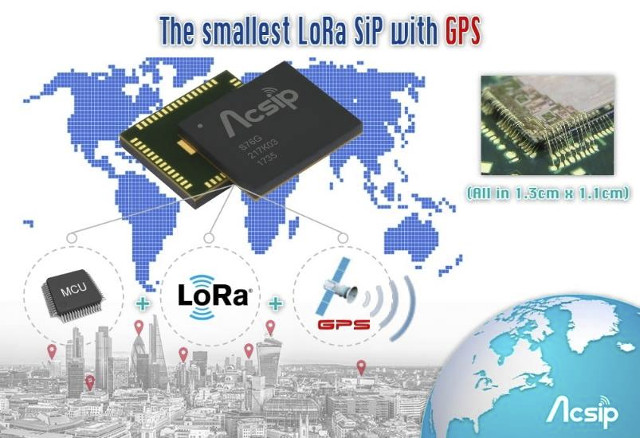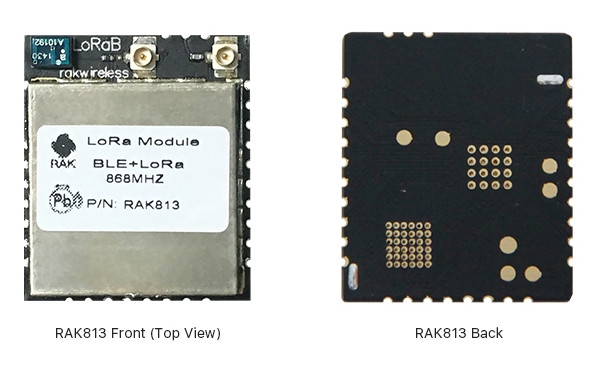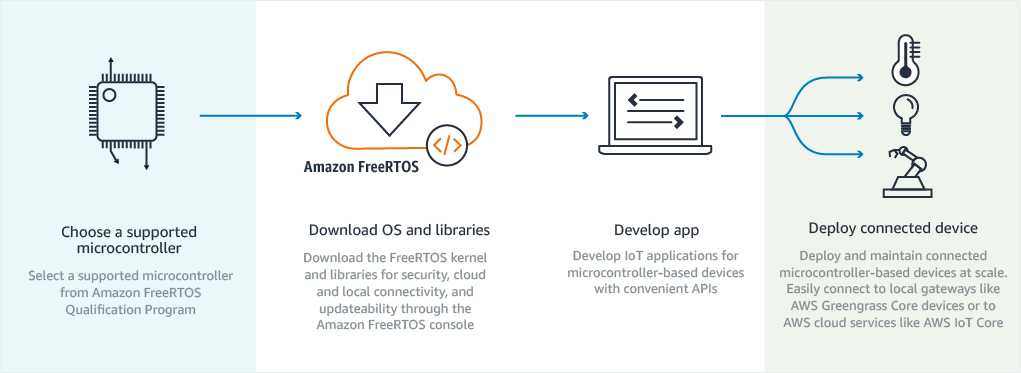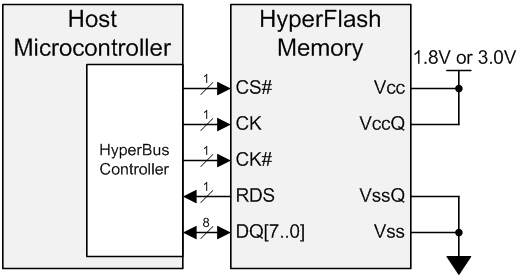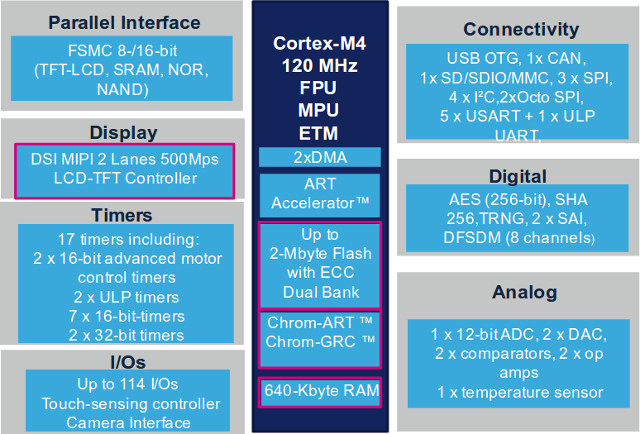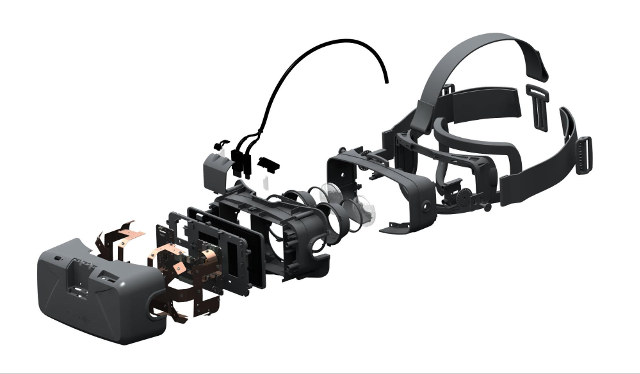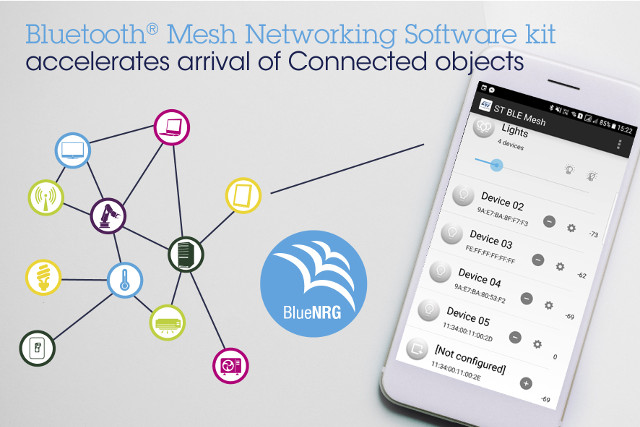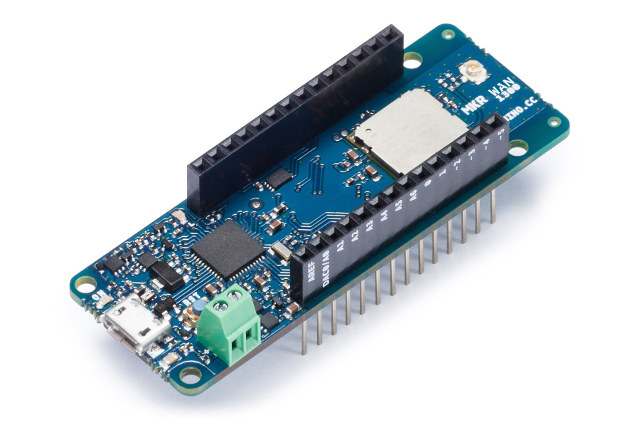LoRa has been combined with GPS in several products such as Rakwireless RAK811 LoRa tracker board, or Dragino LoRa/GPS HAT board among others, with all designed for far based on a LoRa module, plus a GPS module. LoRa GPS tracker will soon even smaller as AcSiP has developed S76G and S78G systems-in-package (SiP) that combine LoRa, GPS and an MCU into a single 1.1 x 1.3cm package. The two new modules are not listed on the company’s IoT-LoRa products page yet, but they appear to be an evolution of their S76S / S78S LoRa + MCU SiP released in 2016, so the new modules should have the following features: MCU – STMicro STM32L073x Arm Cortex M0+ MCU with up to 192 KB of Flash memory and 20 KB of RAM LoRa AcSiP S76G – Semtech SX1276 supporting global 868 MHz or 915 MHz ISM-Bands. AcSiP S78G – Semtech SX1278 supporting […]
RAK Wireless Introduces LoRa + BLE Module, LoRa GPS Tracker, and NB-IoT/eMTC Arduino Shield
We’ve previously covered several products from RAK Wireless, including RAK WisCam Arduino compatible Linux camera, RAK CREATOR Pro Ameba RTL8711AM WiFi IoT board, and WisCore modular development kit for application leveraging voice assistants such as Amazon Alexa. AFAIK, the company had not released any new products since their RAK831 LoRa gateway module launched last summer, but they just contact me with the release of three new wireless products, namely RAK813 BLE + LoRa module, RAK811 LoRa tracker board, and WisLTE NB-IoT/eMTC/eGPRS Arduino shield. RAK813 BLE + LoRa module & Development Board Main features and specifications: Connectivity LoraWAN via Semtech SX127x (LoRa) chipset Frequency Ranges 433MHz, 470MHz FCC Frequency range 902~928MHz CE Frequency range 863~870MHz MIC Frequency range 920~928MHz KCC Frequency range 920~923MHz Receiver Sensitivity: LoRa down to -146 dBm TX Power – adjustable up to +14 dBm, max PA boost up to 20dbm Range – Up to 15 km in rural […]
Amazon FreeRTOS Released for NXP, Texas Instruments, STMicro, and (soon) Microchip Microcontrollers
FreeRTOS is an open source real-time operating system for microcontrollers released under an MIT license, and when it comes to adoption in embedded systems it’s right there near the top with embedded Linux according to Aspencore 2017 embedded markets study. For example, some Espressif SDKs for ESP8266 or ESP32 are based on FreeRTOS, and so is Mediatek LinkIt Development Platform for RTOS. The recently announced Amazon FreeRTOS (a:FreeRTOS) leverages the open source operating systems, and extends it with with libraries that enable local and AWS cloud connectivity, security, and soon over-the-air updates. a:FreeRTOS is free of charge, open source, and available today. In order to get started, you’ll have a choice of 4 hardware platforms: STMicro STM32L4 Discovery Kit IoT Node (B-L475E-IOT01A) powered by STM32L475 ARM Cortex-M4 MCU with 802.11 b/g/n WiFi, Bluetooth 4.1 LE, RF (868 / 915 MHz), and NFC connectivity, plenty of sensors NXP LPC54018 IoT module (OM40007) […]
Octo SPI / HyperBus Interface is Designed for High Speed Serial Flash, RAM, and MCP
So far, if you needed high speed storage with low pin count in your MCU based board, you could use QSPI (Quad SPI) NOR flash, but earlier this month I wrote about STM32L4+ MCU family, which added two Octo SPI interfaces. I had never heard about Octo SPI previously. Those two interfaces can be used with single, dual, quad, or octal SPI compatible serial flash or RAM, and support a frequency of up to 86 MHz for Octal SPI memories in STM32L4+ MCU. STMicro OctoSPI interface also supports Cypress/Spansion Hyperbus mode to connect to HyperFlash or HyperRAM chip, or even HyperFlash + HyperRAM Multi-Chip packages (MCP), and variable or fixed external memory latency as defined by the Hyperbus protocol specification. The latter reveals Hyperbus supports performance up to 400 MB/s (provided the controller support 200 MHz), and relies on either 11 bus signals using 3.0V I/O (Single-ended clock CK), or […]
STMicro Introduces Ultra-efficient STM32L4+ Series MCUs with Better Performance, Chrom-GRC Graphics Controller
STMicroelectronics has announced an upgrade to their STM32L4 series Cortex-M4 micro-controllers with STM32L4+ series upping the maximum frequency from 80 MHz to 120 MHz delivering up to 150 DMIPS (233 ULPMark-CP) , and ultra low power consumption as long as 33 nA in shutdown mode without RTC. The new family also adds Chrom-GRC graphics controller (GFXMMU) that can handle both circular and square TFT LCD displays together with a MIPI DSI interface and displayer controller, making it ideal for wearables, Chrom-ART 2D accelerator for better graphics performance, two Octo SPI interfaces, and more memory (640KB max) and storage (up to 2MB flash). If you want to know all differences between STM32L4 and STM32L4+, and/or learn how to use peripherals, STMicro has setup a nice free STM32L4+ online training page, which allow you to do just that either by downloading PDF documents, or following e-Presentations with slides and audio. STM32L4+ appears […]
Oculus Rift Virtual Reality Development Kit 2 Becomes Open Source Hardware
Oculus Rift DK2 virtual reality headset and development kit started to ship in summer 2014. The DK2 is kind of VR headset that is connected to a more powerful computer via USB and HDMI, includes hardware for positional tracking, a 5″ display ,and two lenses for each eye. Since then the company has been purchased by Facebook, and they’ve now decided to make the headset fully open source hardware. The release includes schematics, board layout, mechanical CAD, artwork, and specifications under a Creative Commons Attribution 4.0 license, as well as firmware under “BSD+PATENT” licenses which you’ll all find on Github. The release is divided into four main folders: Documentation with high-level specifications for the DK2 headset, sensor, and firmware. Cable with schematics and high level specifications for the cables. Custom assembly that would be hard to recreate from source. Allegedly the most complex part of the design Sensor with […]
STMicro BlueNRG-MESH SDK for Bluetooth Mesh to Include Code for Firmware, Android and iOS Apps
Earlier this summer, the Bluetooth SIG announced Bluetooth Mesh, which supports many-to-many (m:m) device communications for up 32,767 unicast addresses per mesh network (in theory), and is compatible with Bluetooth 4.0 or greater hardware. Several companies immediately unveiled Bluetooth Mesh SDK at the time including Qualcomm, Nordic Semi, and Silicon Labs. ST Micro has now unveiled their own BlueNRG-MESH SDK which the company claims is “the market’s only three-part SDK that provides two app developer packages for Android and iOS, and the embedded-development software for building smart objects such as light fittings and sensors”. Sadly, details about the SDK are near inexistent now, except – as one would expect – BlueNRG-MESH SDK will work with ST BlueNRG Bluetooth low energy wireless network processor based on an ARM Cortex M0 core, and corresponding development kits. [Update: STSW-BNRG-Mesh page has many more details about the SDK including the architecture diagram below. ] […]
Arduino MKR WAN 1300 & MKR GSM 1400 Boards Launched with LoRaWAN and 3G Connectivity
Arduino has introduced two new boards right in time for Maker Faire New York: MKR WAN 1300 with a LoRa radio, and MKR GSM 1400 with a “3.75G” cellular module, both software compatible with Arduino Zero, and in Arduino MKRZero board form factor. MKR WAN 1300 Board Arduino MKR WAN 1300 specifications: MCU – Microchip Atmel SAMD21 32-bit ARM Cortex M0+ MCU @ 48 MHz with 32 KB SRAM, 256 KB flash (8KB for bootloader) Digital I/O Pins – 8x digital I/Os, 12x PWM, UART, SPI, and I2C, 8x external interrupts Analog Pins – 7x analog inputs (8/10/12-bit ADC), and 1x analog output (10-bit DAC) DC Current per I/O Pin – 7 mA LPWAN connectivity Murata CMWZ1ZZABZ LoRa module based on Semtech SX1276 and STMicro STM32L Antenna power – 2dB Carrier frequency – 433/868/915 MHz Working regions – EU/US USB – 1x micro USB port for power and programming […]


